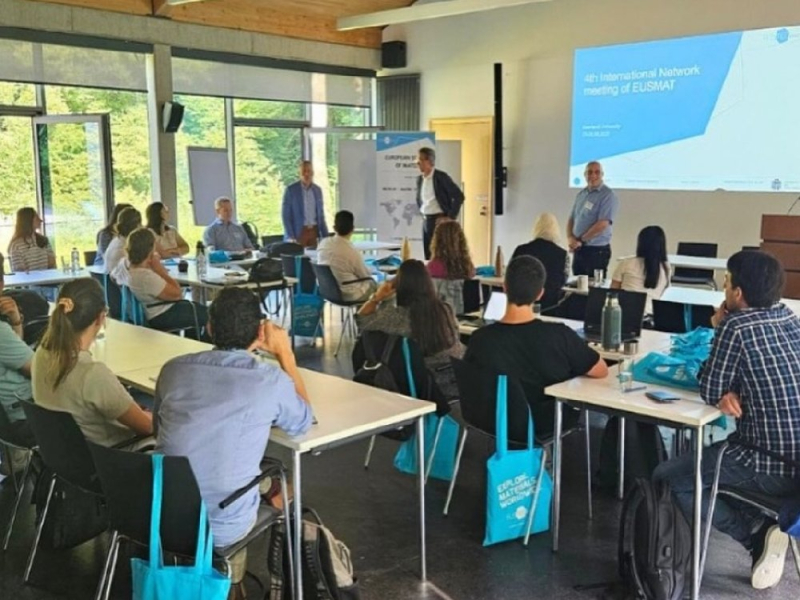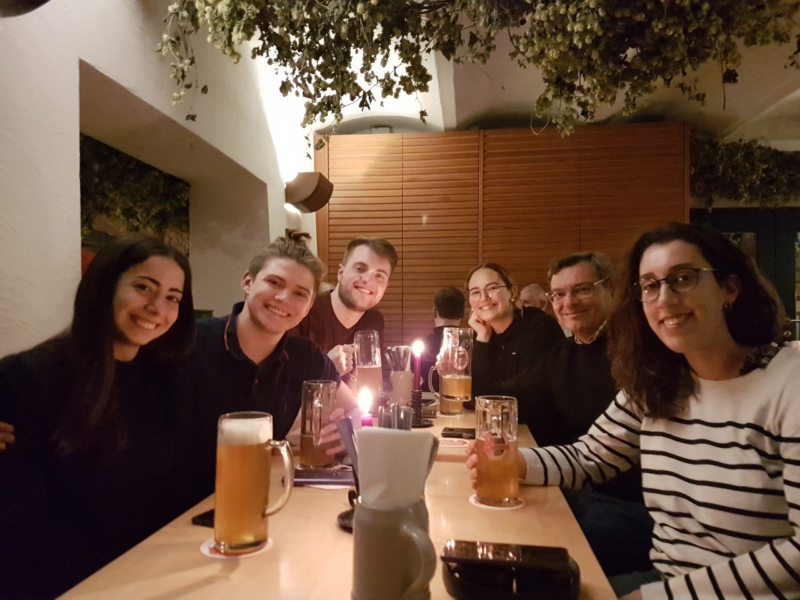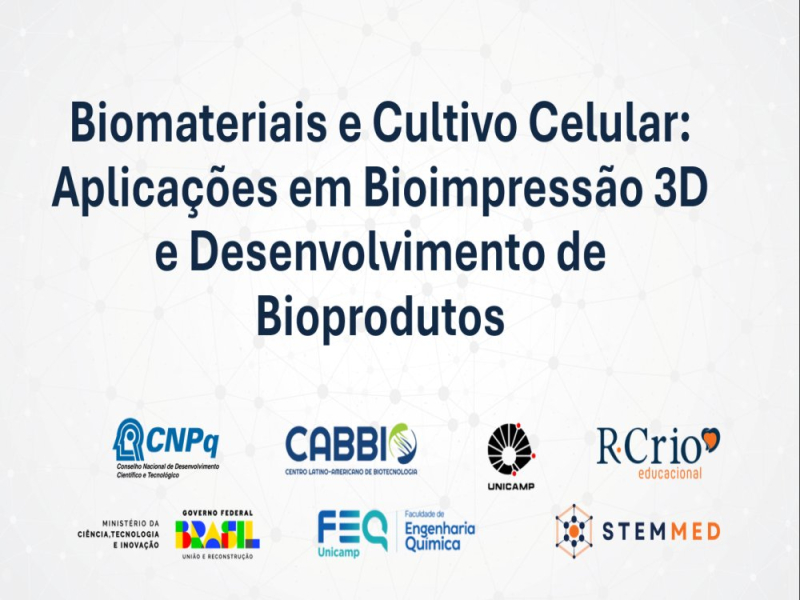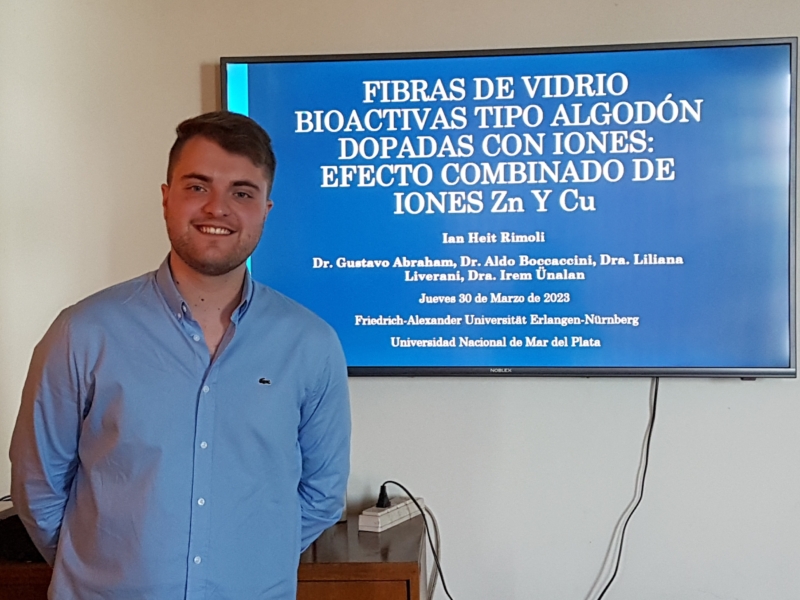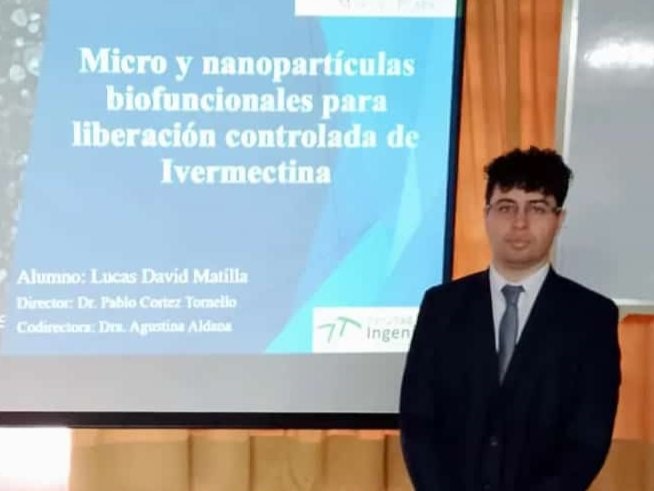Seminar of Dr. Alexander Yarin (University of Illinois at Chicago)
Prof. Dr. Alexander L. Yarin, UIC Distinguished Professor at the Department of Mechanical and Industrial Engineering, University of Illinois at Chicago will dictate the seminar “Bio-waste-derived nanofibers formed by solution blowing and electrospinning and their applications in biomedicine and heavy metals removal”. Date: December 19th, 10 a.m. Place: INTEMA auditorium.
Dr. Yarin is an internationally recognized scientist in the field of electrospinning of polymers. His research interests are focused on: Nanotechnology, Electrospinning of nano fibers, Nanotechnology, Co-electrospinning of core-shell nanofibers, Thermal treatment of core-shell nanofibers to manufacture turbostratic carbon nanotubes, Micro- and nanofluidics, Nanoparticle-based ink-jet printing in micro- and optoelectronics, Deposition of nanocoating on micron- and nano-sized particles in plasma reactors, Drop splashing, Acoustic levitation, Fluid mechanics and rheology, Heat transfer, Biodegradable and stimuli-responsive polymers
Seminar abstract:
Solution blowing of such plant-derived biomaterials as soy protein, zein, lignin, oats, sodium alginate and cellulose acetate, and such animal-derived biomaterials as silk protein (sericin), chitosan and bovine serum albumin, was demonstrated as a versatile, robust and industrially scalable approach to form monolithic and core-shell nanofibers from bio-waste. The collected nanofiber mats were also bonded both chemically and physically to increase the tensile strength to widen the range of applications. Rhodamine B and Riboflavin were used as model hydrophilic drugs in controlled release experiments after they had been encapsulated in solution-blown hydrophilic nanofibers, and the release kinetics was studied in detail. Nanofiber membranes containing such biopolymers as lignin, oats, soy protein, sodium alginate and chitosan were used for heavy metals adsorption from aqueous solutions. The results revealed attractive capabilities of these inexpensive nano-textured biopolymer adsorbents formed from agro waste materials using the process scalable to the industrial level.


